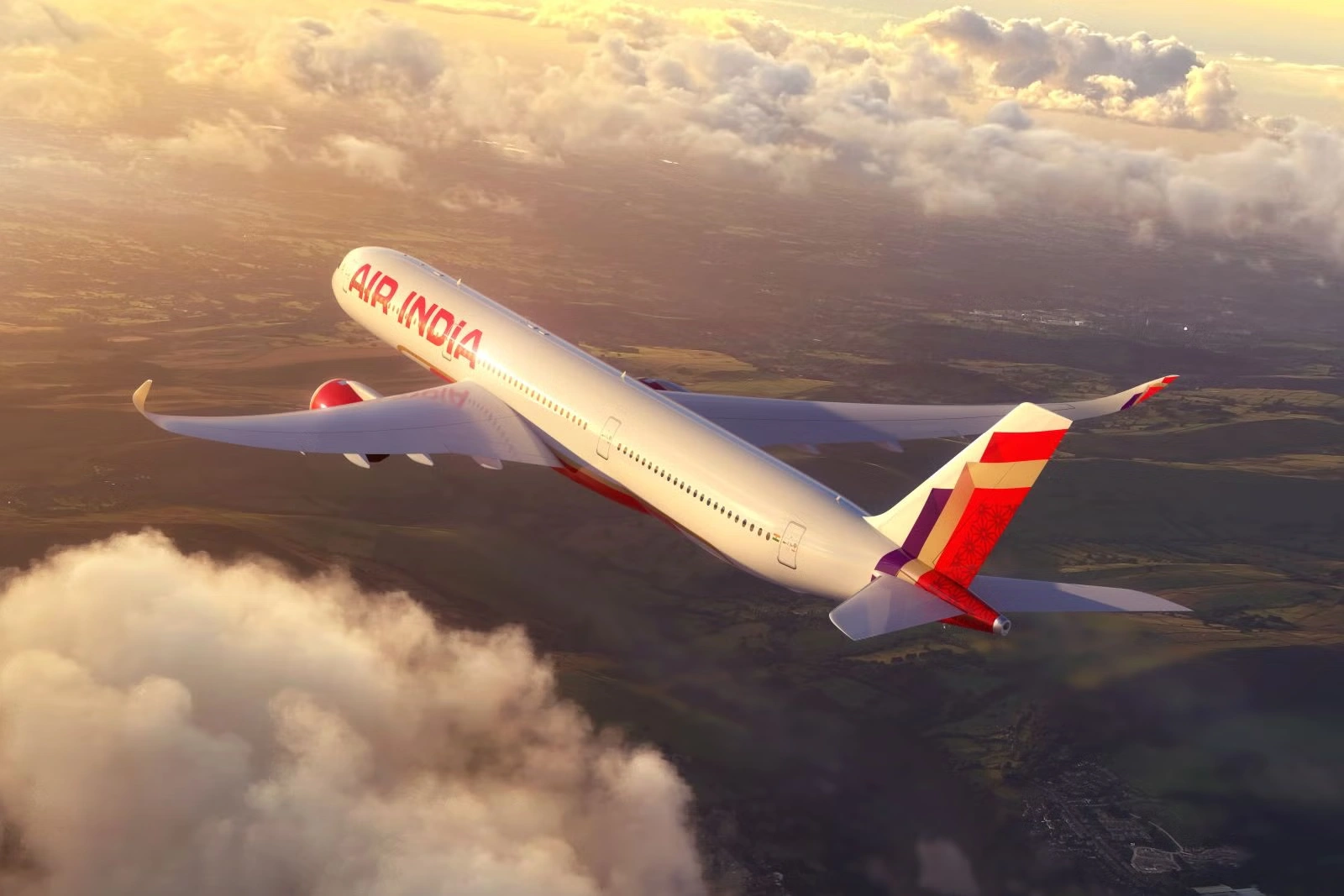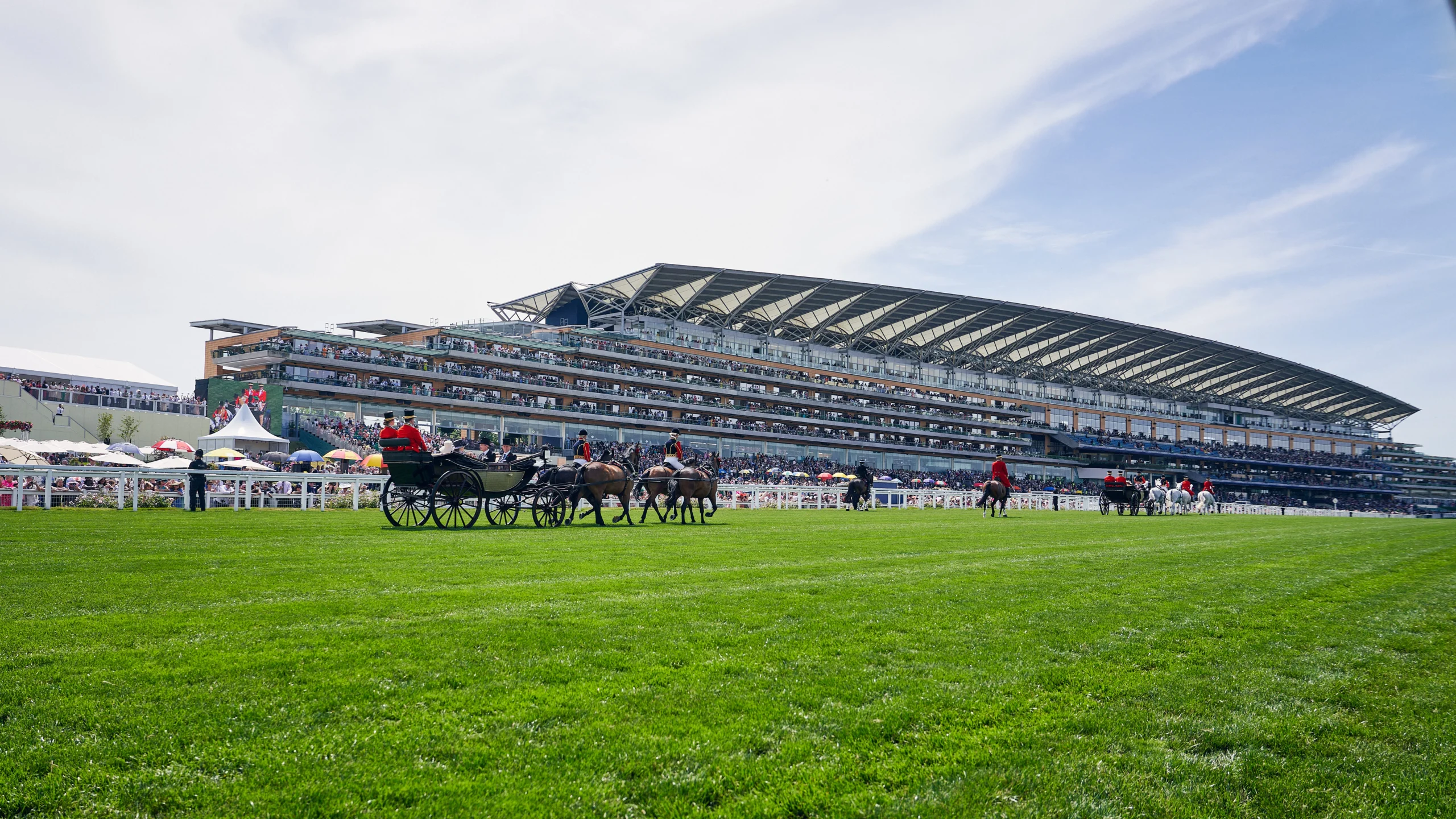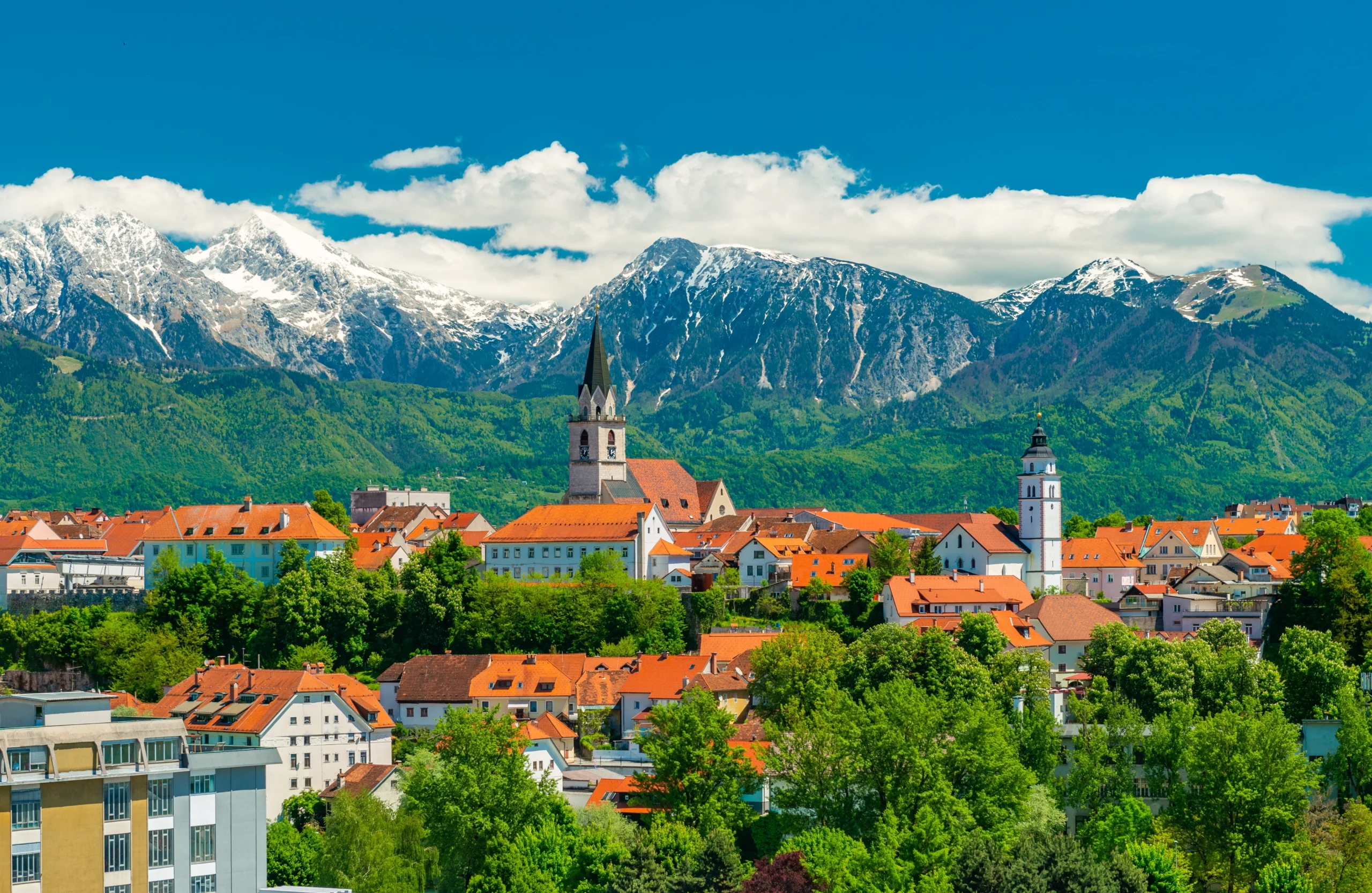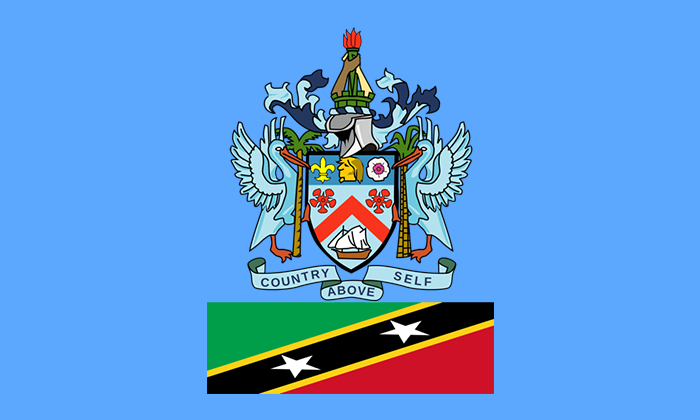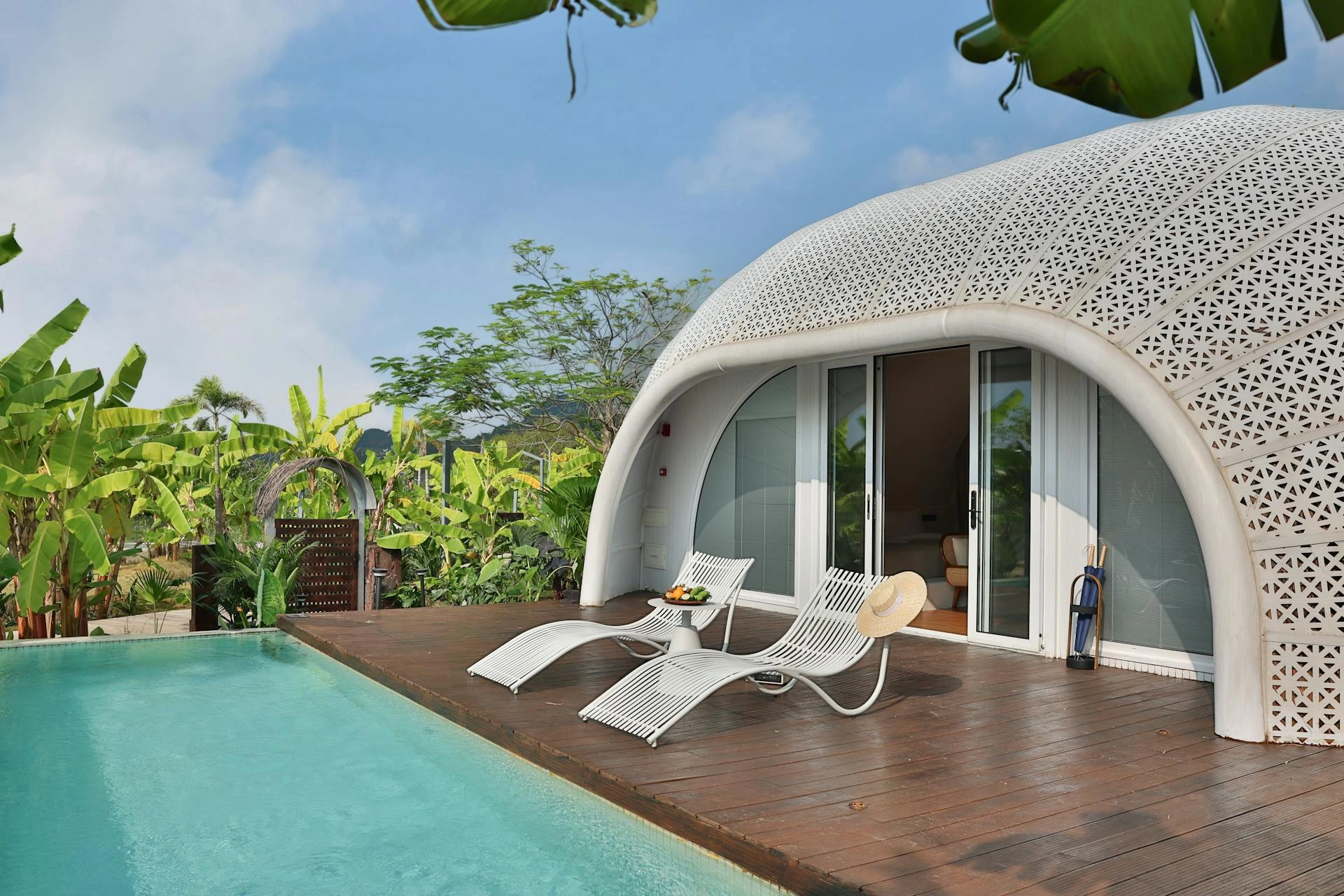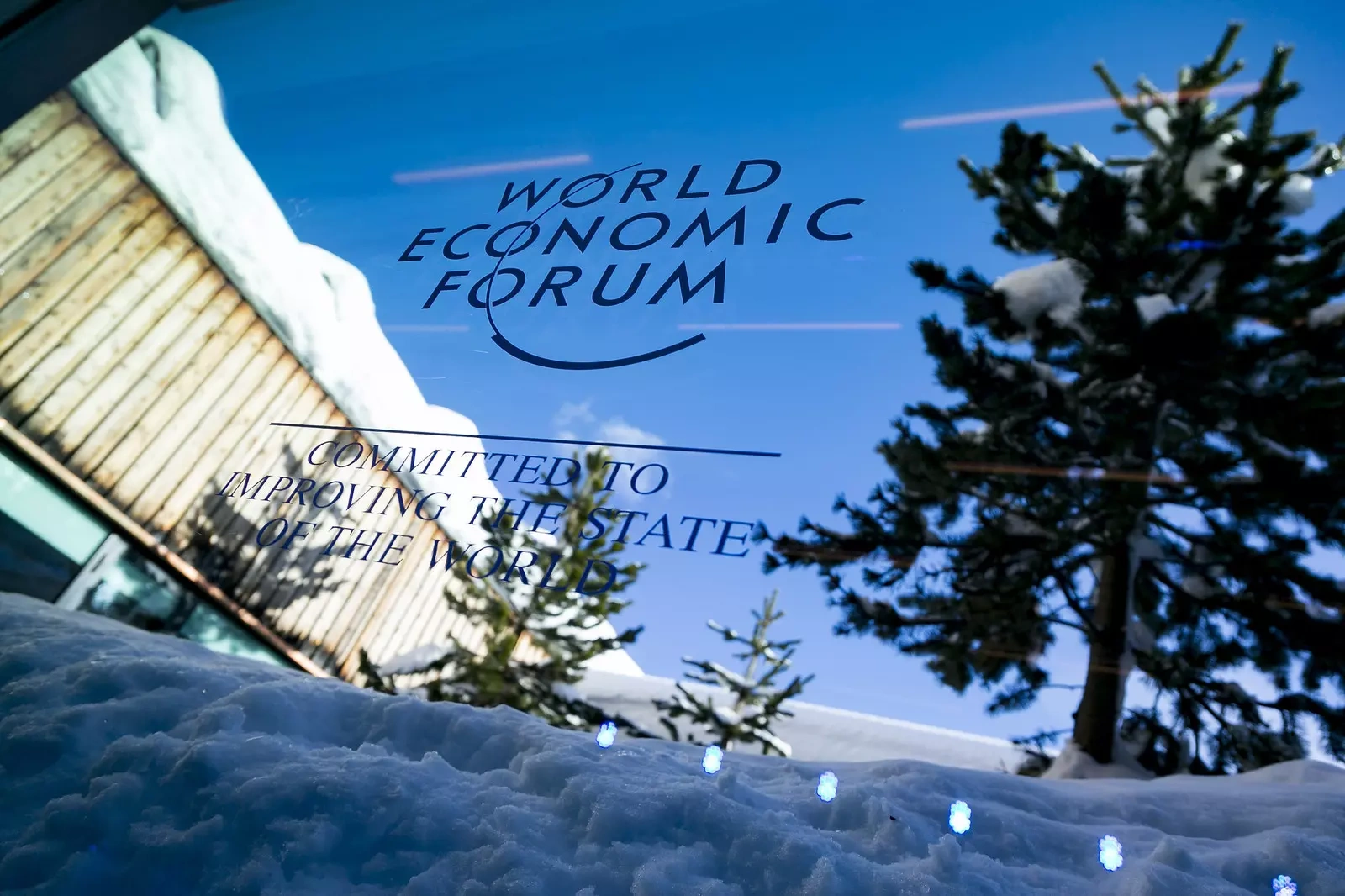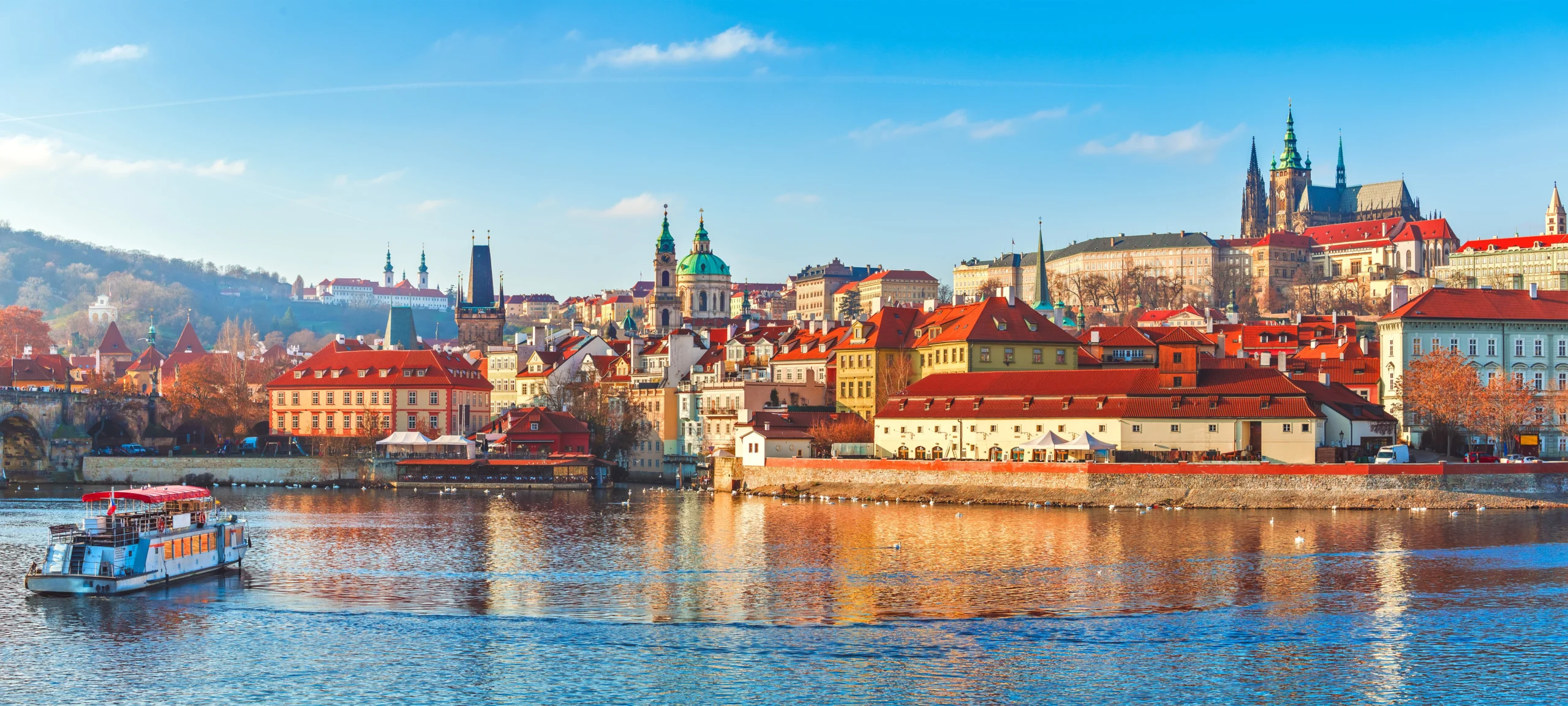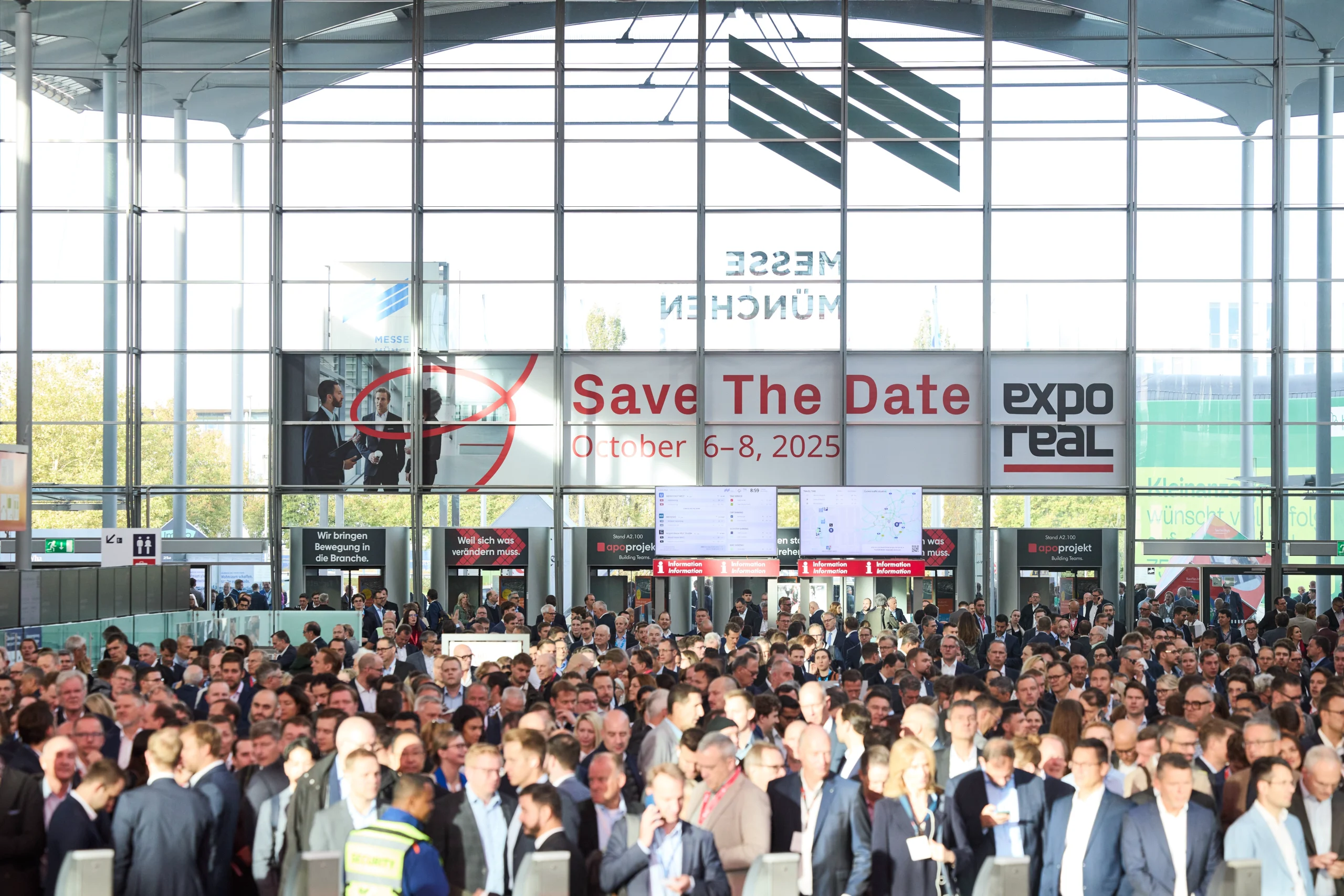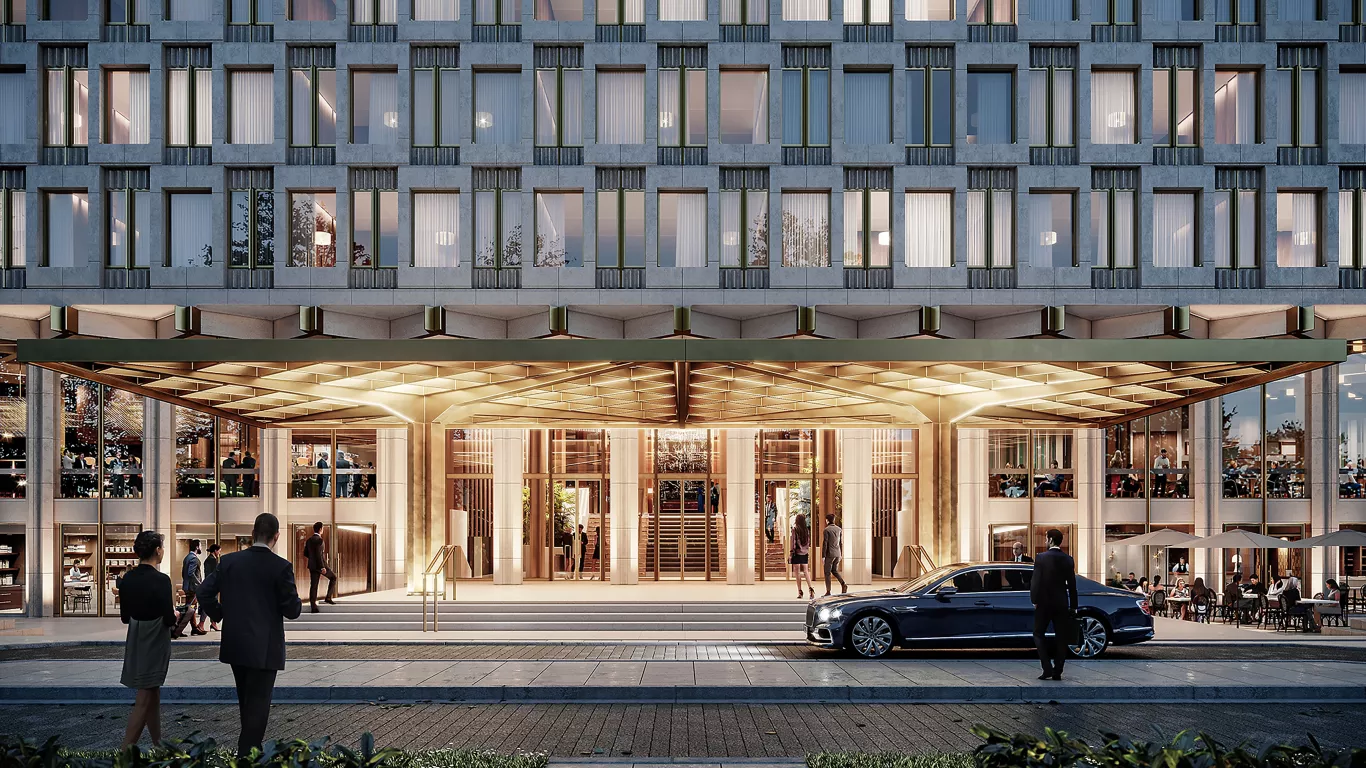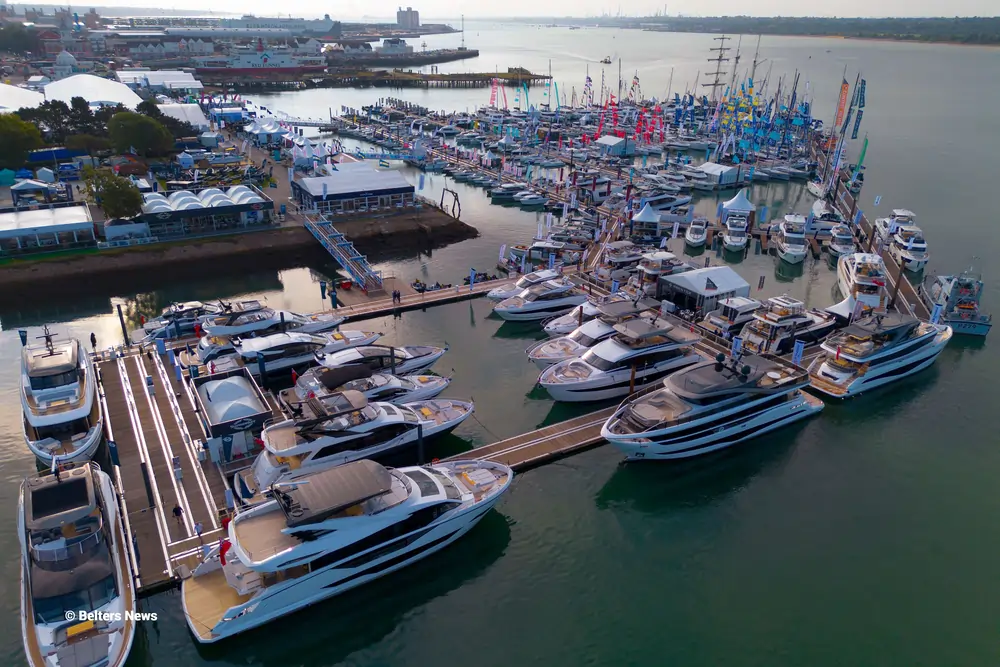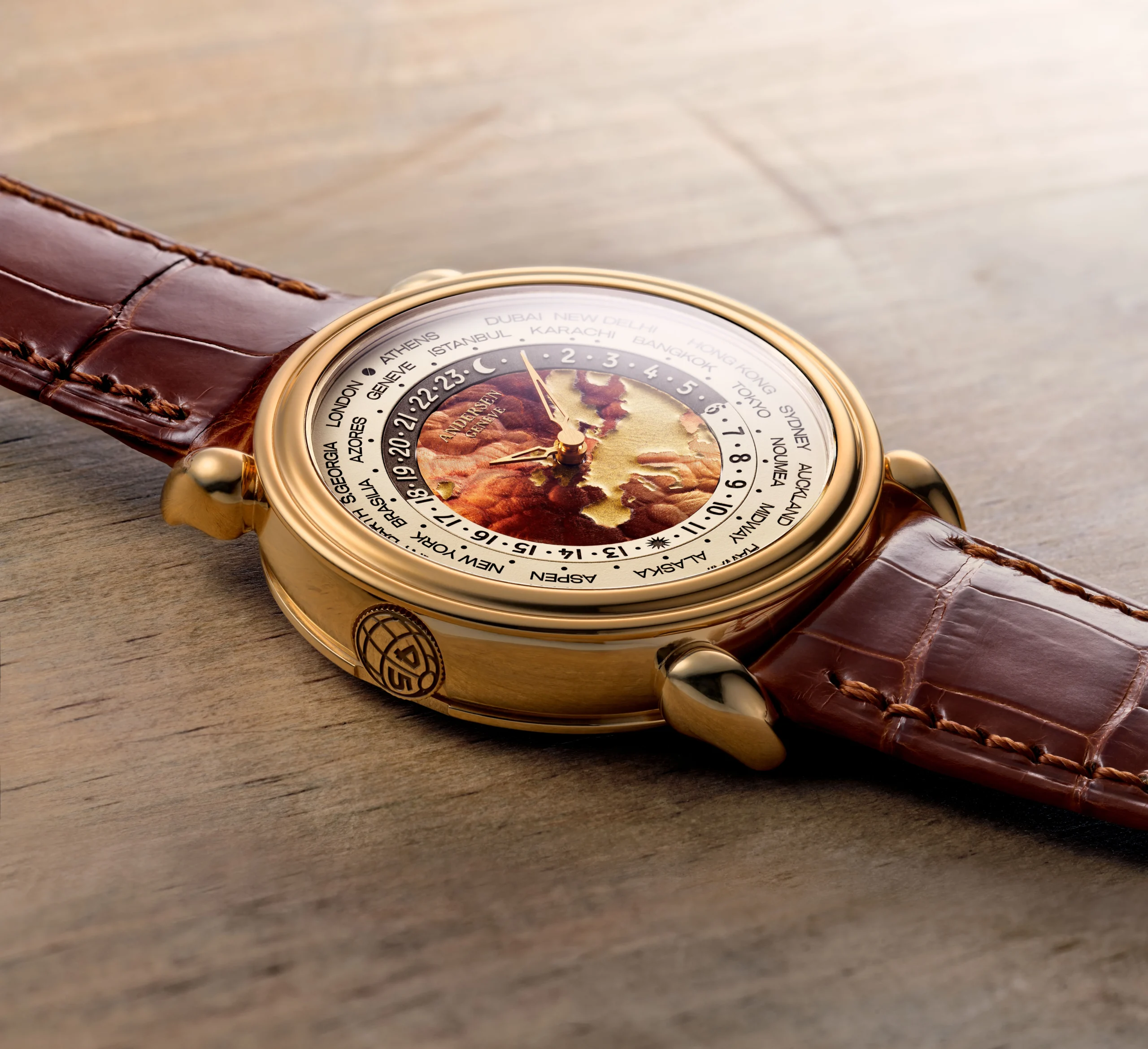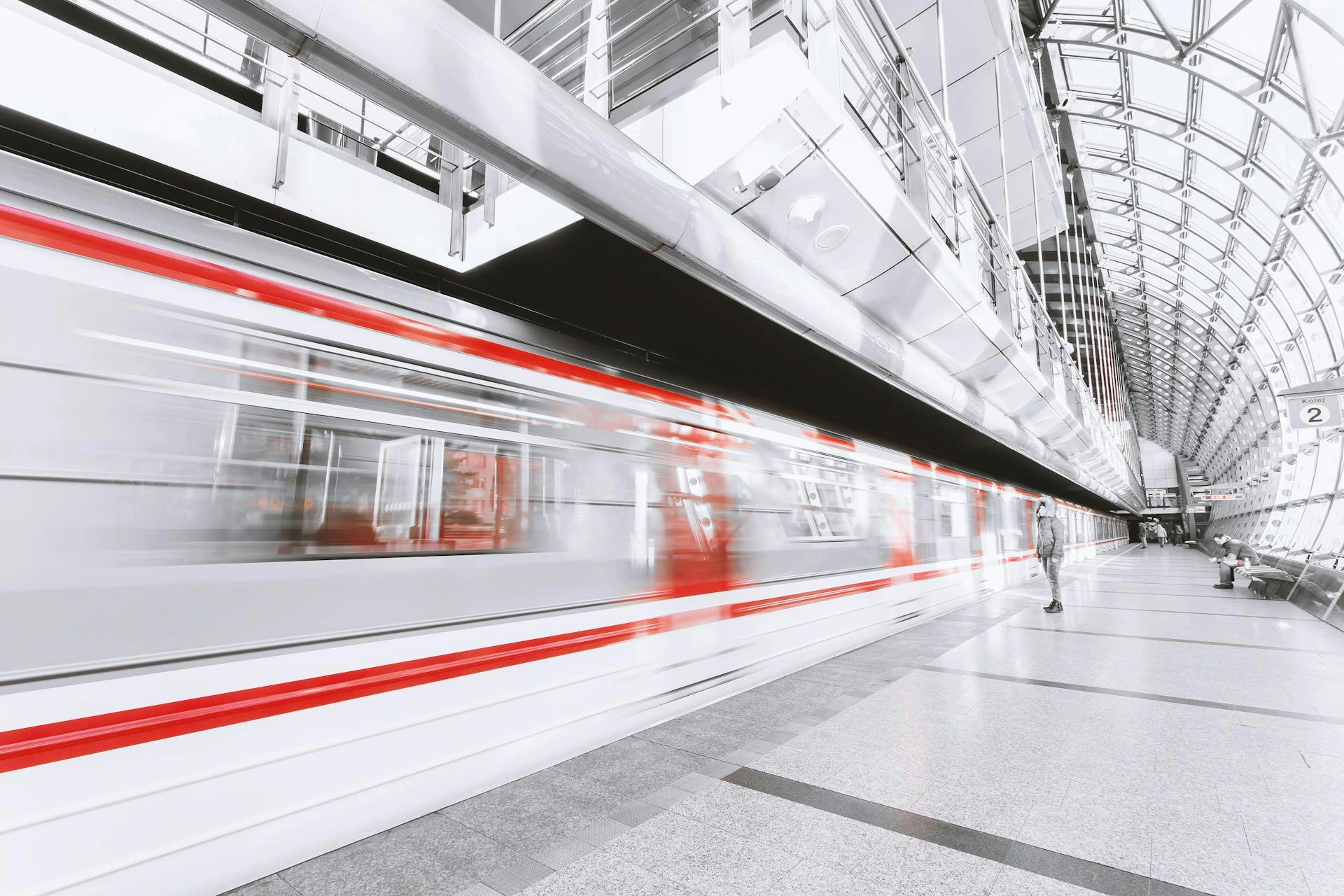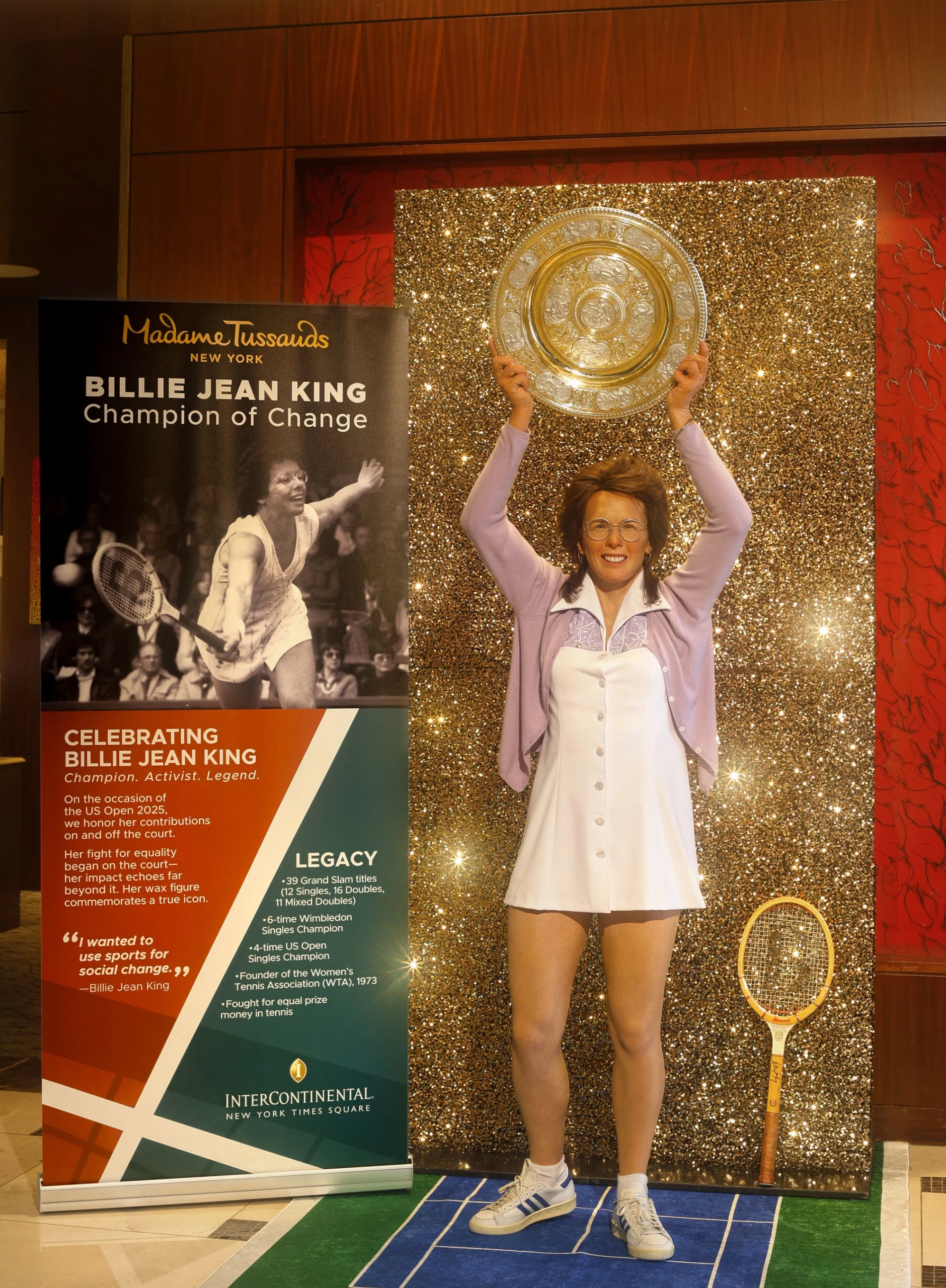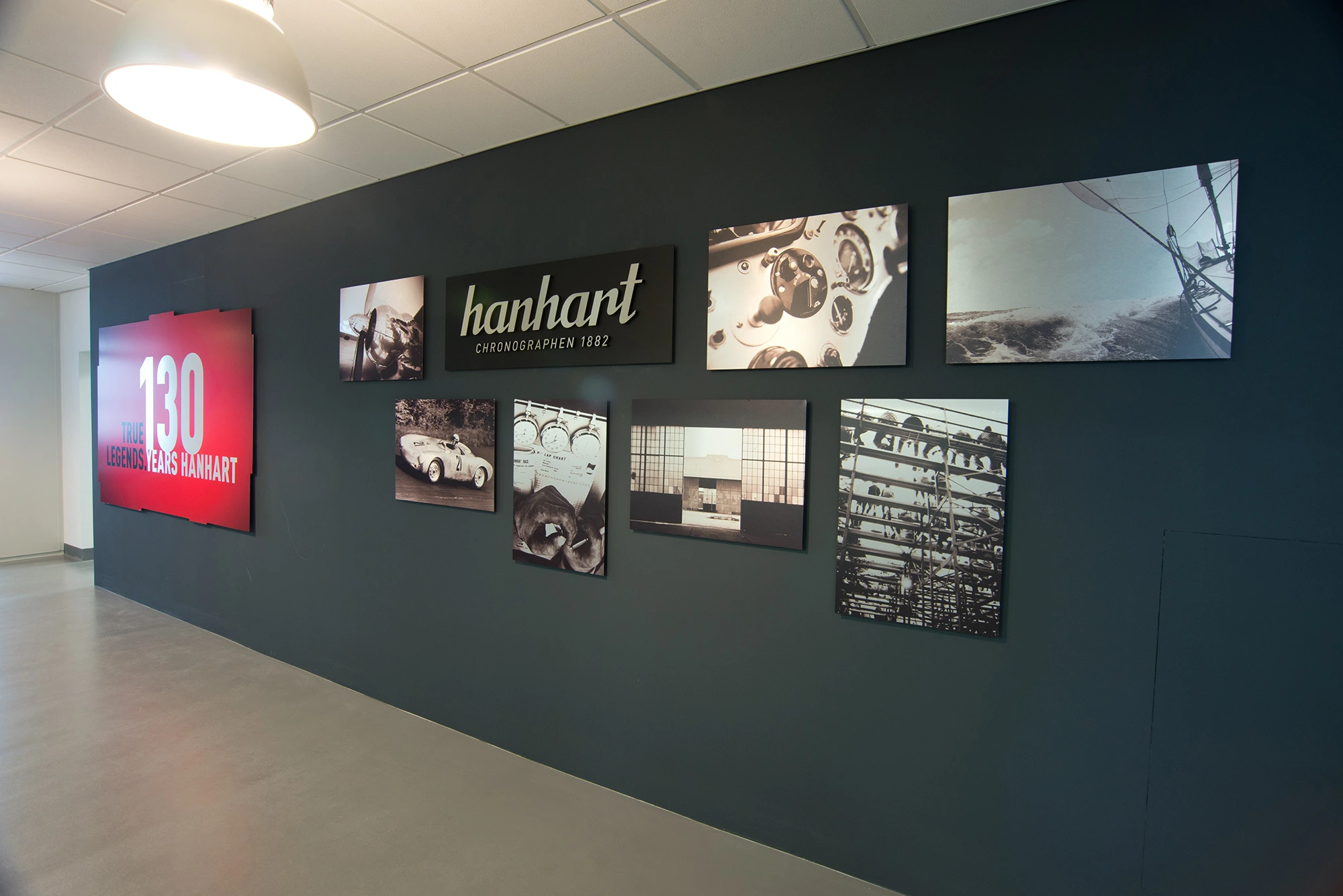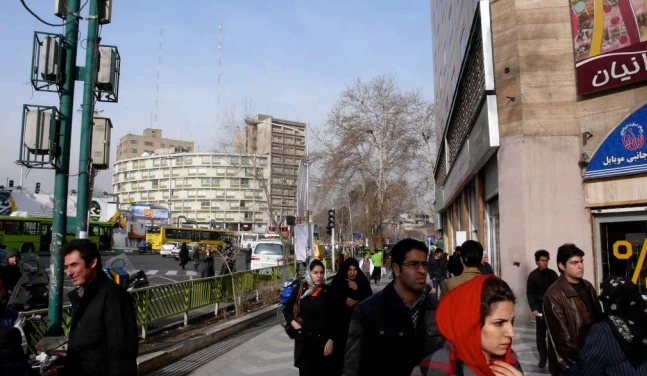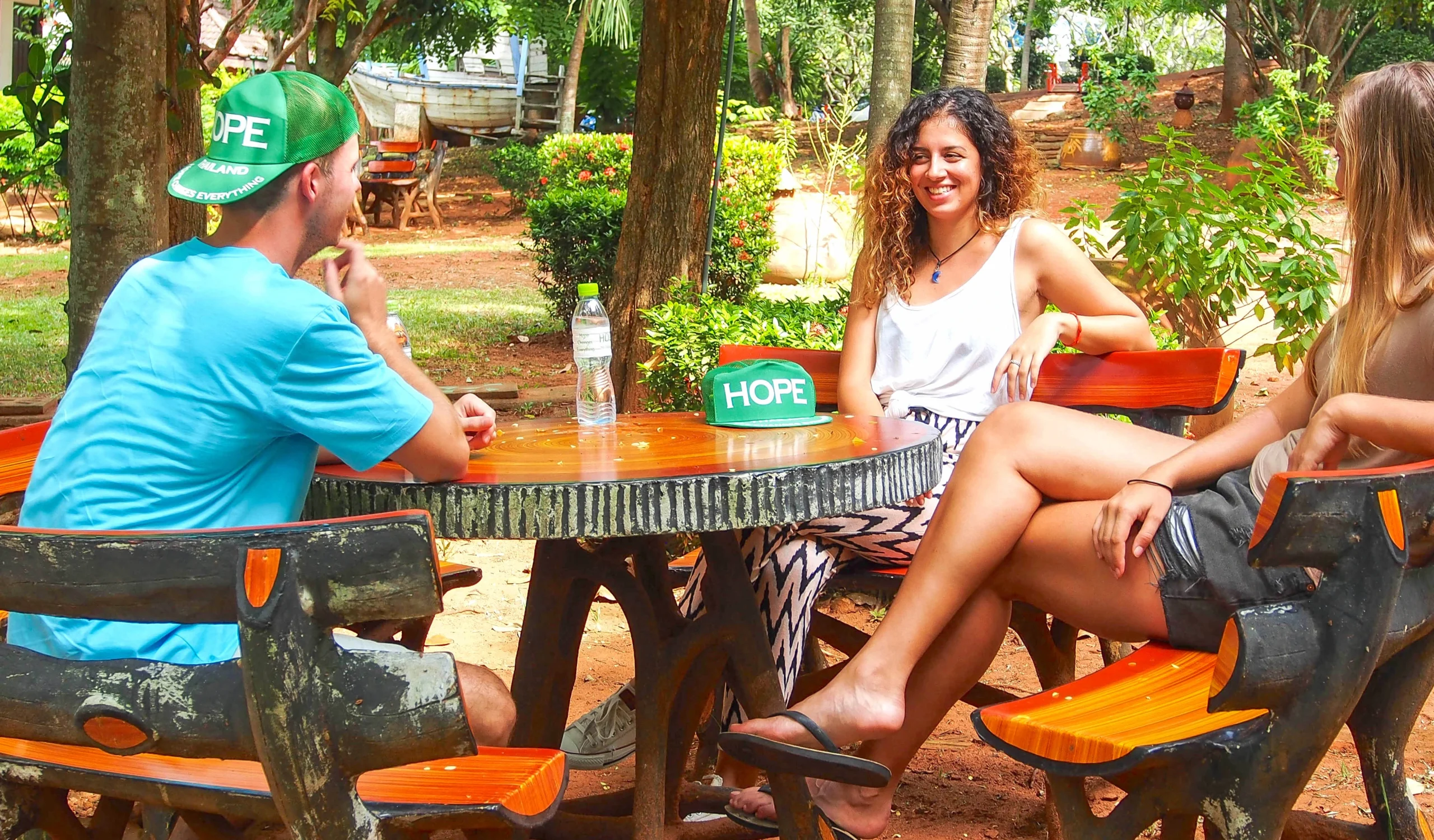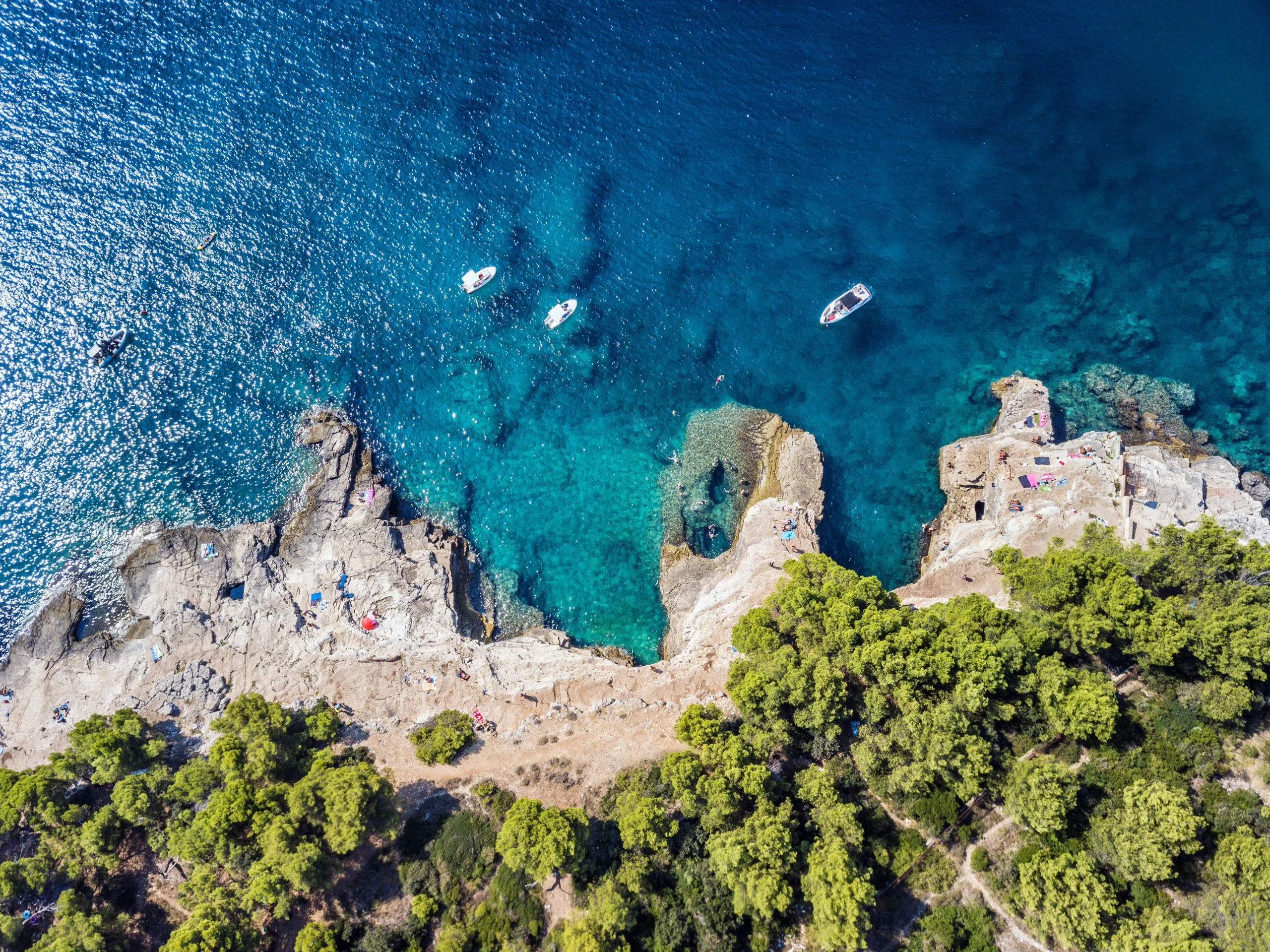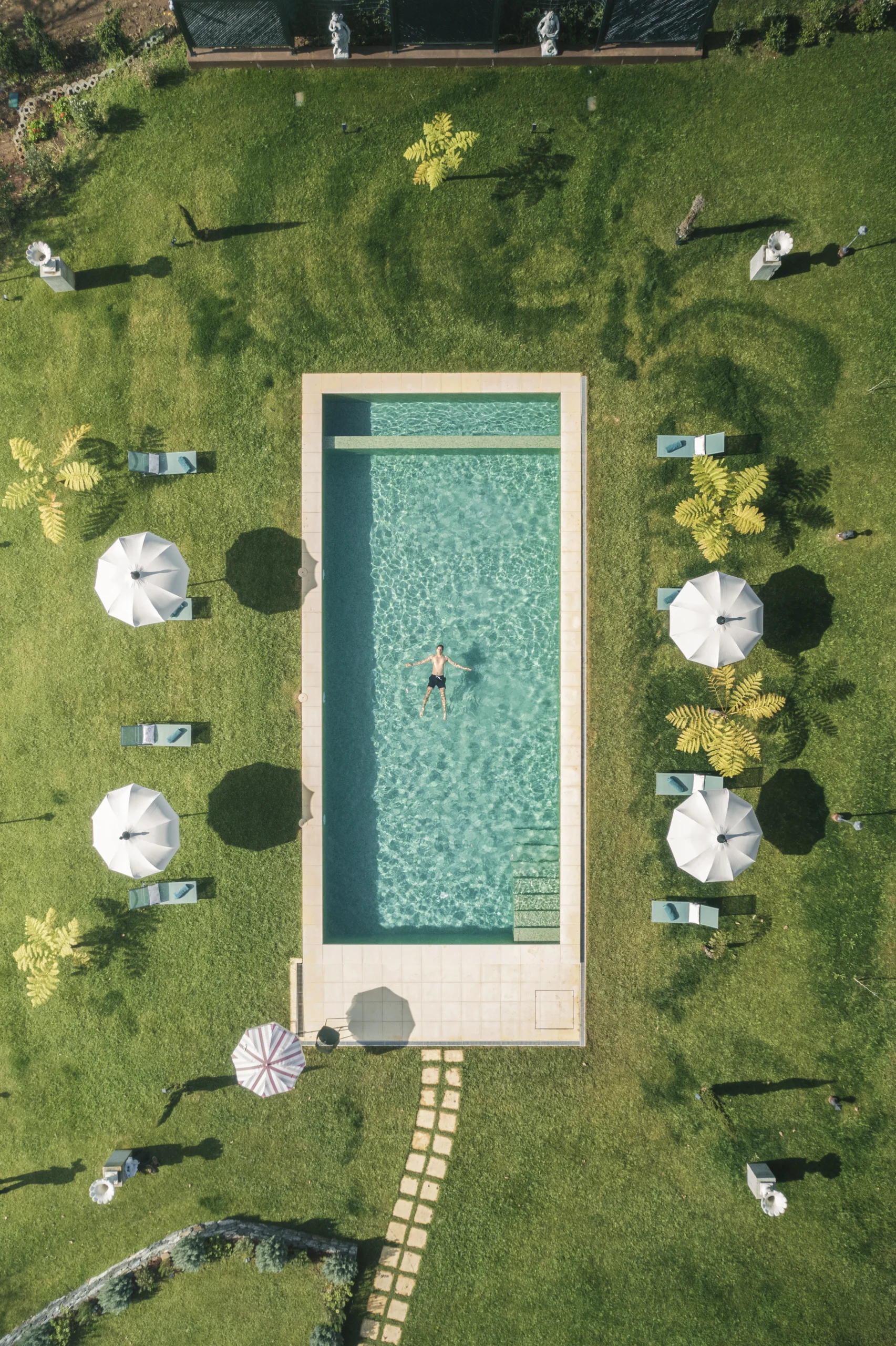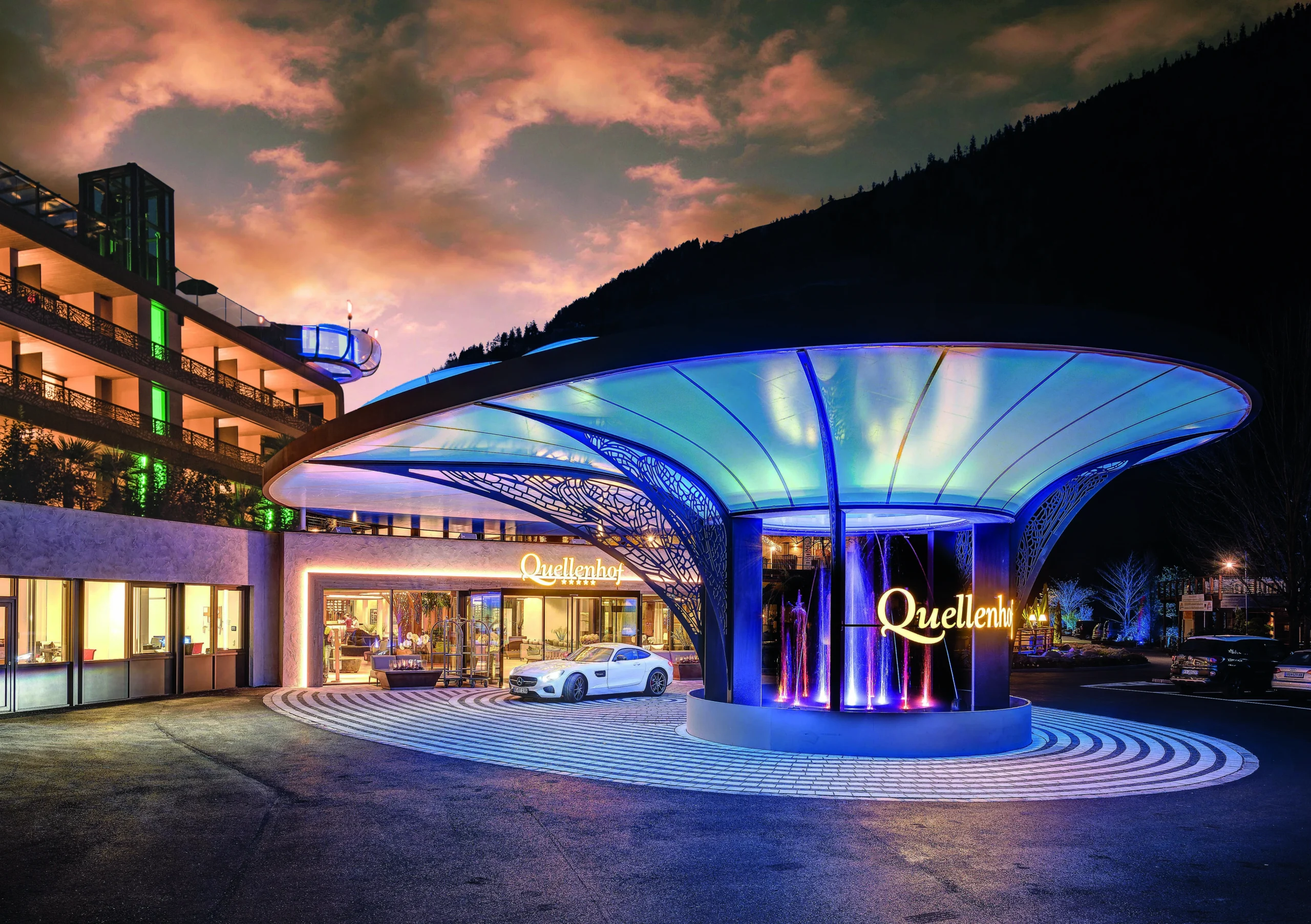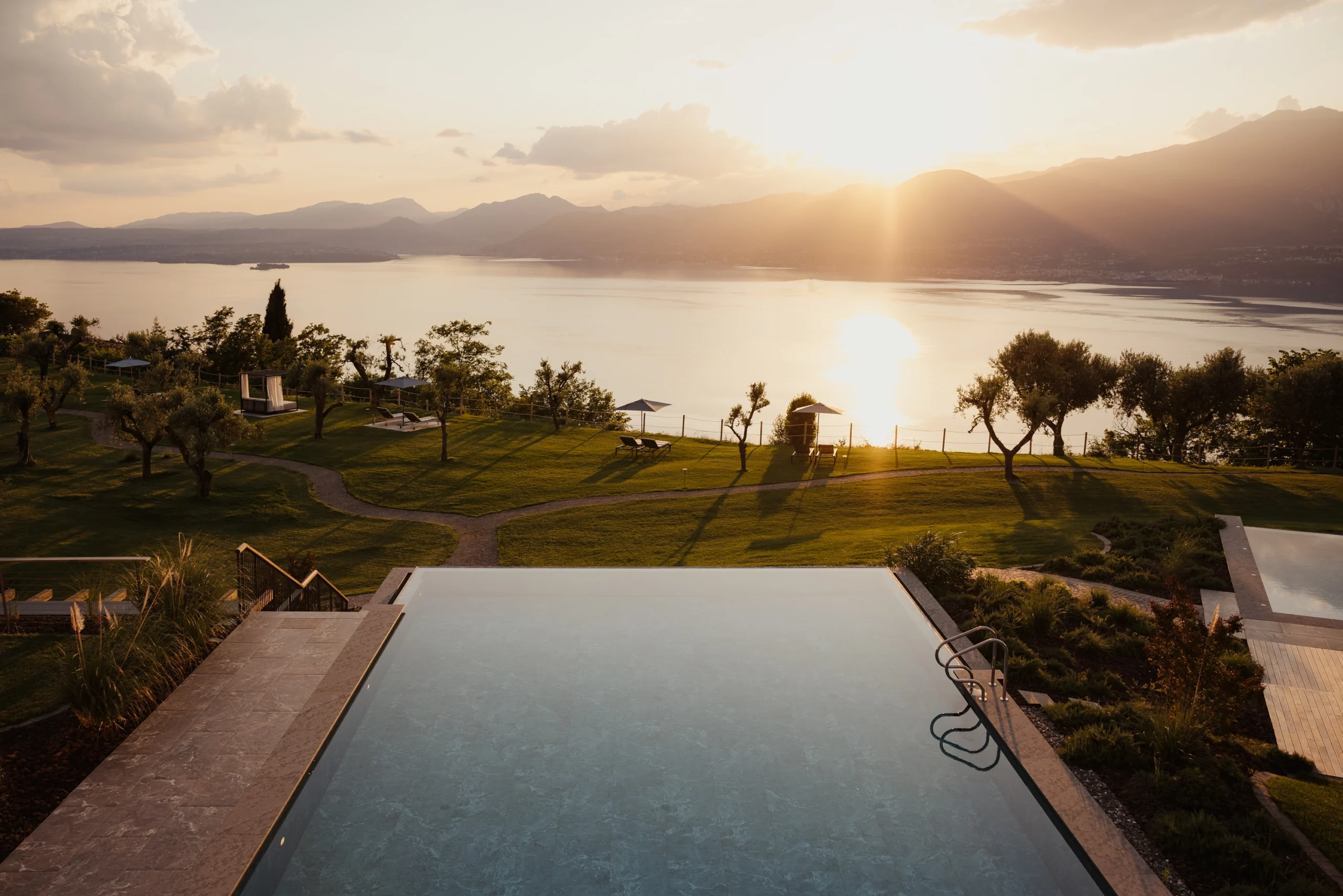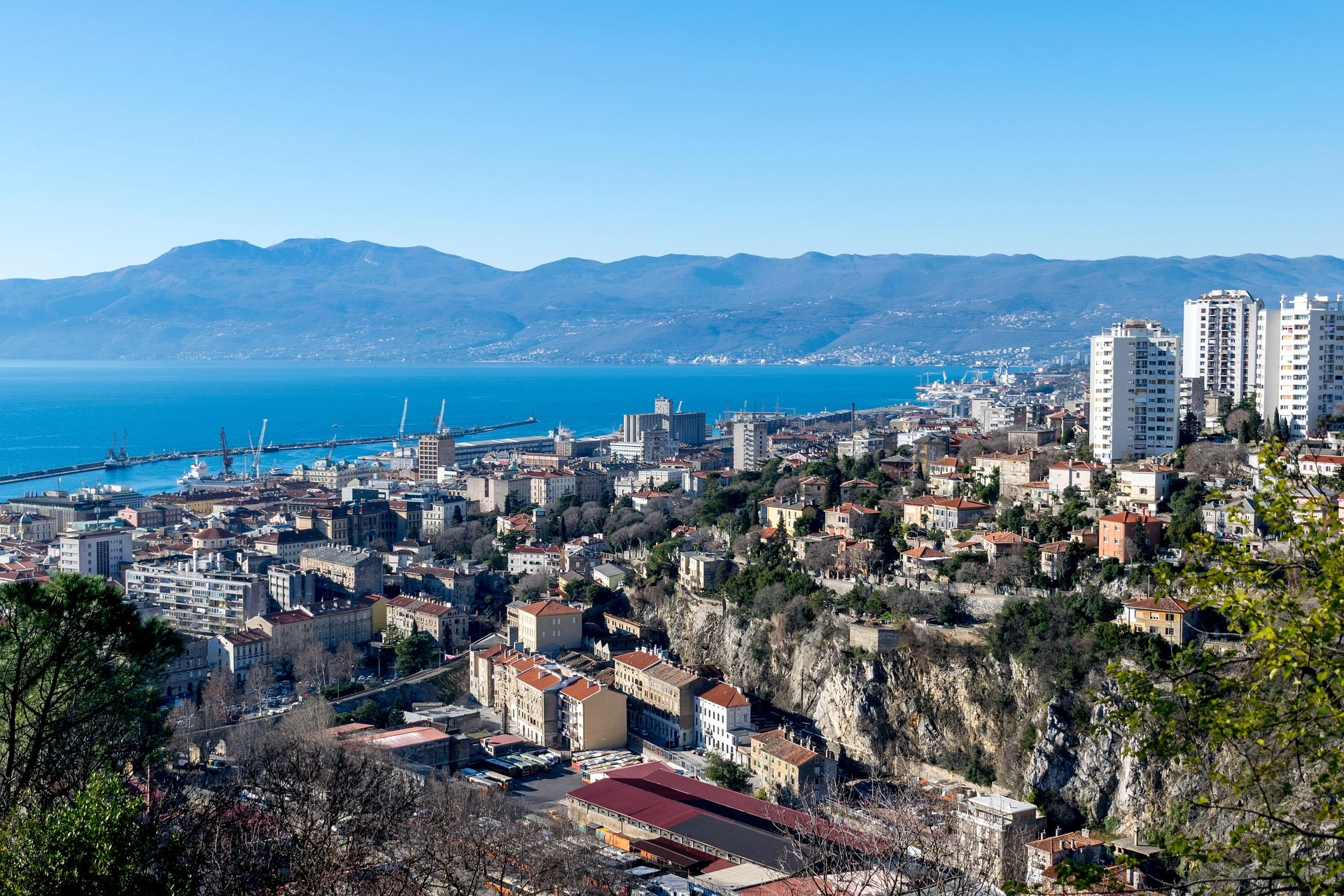Capital gains: inside Kinshasa’s flagship five-star hotel

John E. Kaye
- Published
- Travel and Lifestyle
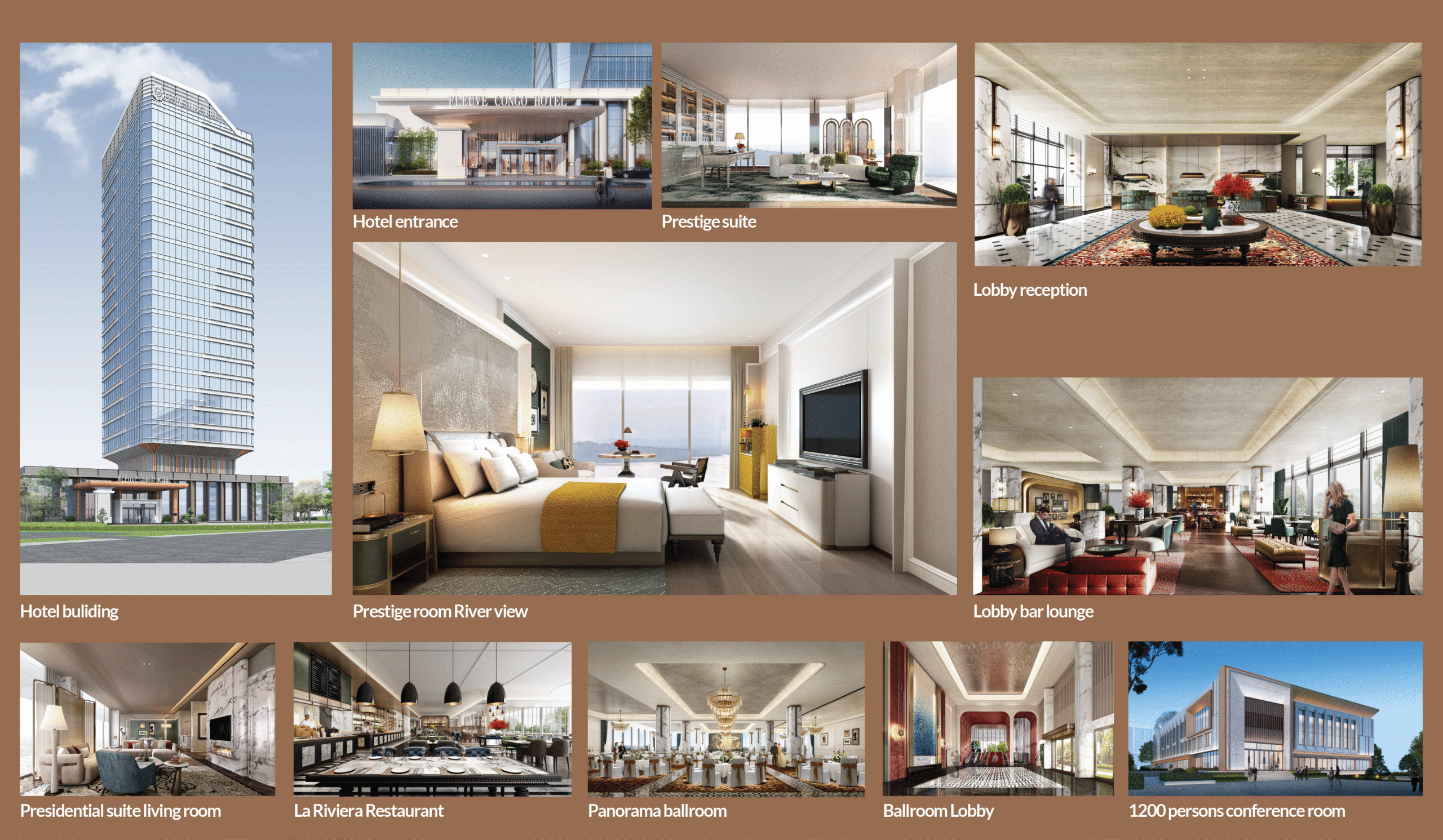
Overlooking one of the world’s great rivers, the Fleuve Congo Hotel stands as Kinshasa’s only five-star property — a striking symbol of the Democratic Republic of Congo’s transformation. Once known locally as the “White Elephant”, it has been reimagined as a polished base for business, diplomatic travel, and cultural discovery in the heart of the capital. John E. Kaye explores its legacy and ambitions, and discovers why it’s fast becoming the city’s most important address
The Congo River, mighty and mercurial, is one of Africa’s great lifelines. Stretching more than 4,000 kilometres from the highlands of Zambia to the Atlantic coast, it cuts a path through rainforest, mountain, floodplain and city. It’s a liquid highway shaped by centuries of trade, travel and myth.
Along its banks, whole cultures have risen and collided. Writers like Joseph Conrad turned to the river for inspiration, using it as the setting for his seminal 1899 novella Heart of Darkness, a work that captured its scale, mystery, and central role in Congo’s colonial past. And at its narrowest crossing, two capital cities face each other across the current: Brazzaville and Kinshasa.
Kinshasa, the capital of the Democratic Republic of Congo, is a city in the midst of transformation. Its skyline is rising. Investment is accelerating. Music, fashion, tech, and entrepreneurship are all booming and the population has already surged past ten million. To visit now is to witness an explosion of energy and ambition, even if the infrastructure hasn’t quite caught up. It’s into this mix that the Fleuve Congo Hotel rises as a vantage point from which to watch a capital reinvent itself in real time.
“We see ourselves as the country’s front door,” Farhaad Baboorally, the hotel’s general manager tells me. “Many guests arrive before they’ve even had a chance to understand Kinshasa, so we focus on delivering an experience that reflects the warmth, energy, and potential of the city from the very first moment they walk through our doors.”
The building itself has real history. Originally commissioned in the 1970s as the International Trade Centre of Zaire, the structure was locally known as the ‘White Elephant’, a reference both to its size and its uncertain fate during years of political and economic instability. But in 2012, it was reborn as a luxury hotel, and in the years since, has quietly cemented its status as the flagship address in Kinshasa.
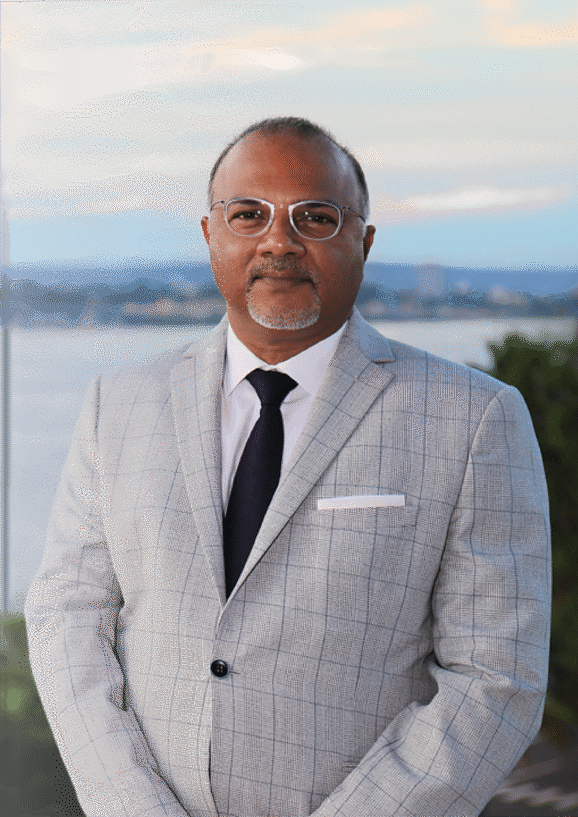
Today, it’s part of the Blazon Hotels portfolio, and Baboorally is clear about its place in the country’s future.
“This hotel was built as a symbol of Zaire’s ambition,” he says. “Today, it’s a symbol of Congolese resilience and of what’s possible when you match vision with investment.”
The Fleuve’s clientele reflects this ambition. Recent guests have included heads of state, CEOs, aid workers, NGO staff, musicians, film crews, and more.
First impressions
Arriving at the Fleuve Congo offers a moment of calm within the busy momentum of one of Africa’s fastest-growing megacities (population estimates vary, but ten to fifteen million is a fair guess). Step into the Fleuve’s marble lobby, and the tempo shifts: quiet voices, polished floors, and soft light from the river filtering in through floor-to-ceiling windows.
Rooms here are generously sized, particularly by European standards, with a total of 237 key options ranging from Prestige King Rooms to a vast Presidential Suite. Most look out over the water, their balconies offering uninterrupted views across the Congo to Brazzaville, the capital of neighbouring Republic of the Congo.
Inside, the décor blends classic hotel elegance with modern business-travel expectations. High-speed Wi-Fi is reliable throughout the property (no small feat in a city where connectivity can vary by the hour) and in-room desks make remote working easy. There’s also a modern fitness centre and a semi-Olympic pool, which looks out over the river and is ideal for early morning laps or post-meeting resets.
“Our guests expect more than reliable Wi-Fi or room service,” Baboorally explains. “They’re looking for thoughtful, attentive service, and that comes down to well-trained staff who understand how to anticipate what people need. It’s something we work hard to deliver.”
Food with a view
For dining, the hotel offers a few solid options, all with dramatically different atmospheres. Riviera, the main restaurant, serves a mix of international and local dishes using Congolese ingredients. Grilled fish is a standout, as are seasonal stews with cassava, plantains, or river greens.
The Hevea restaurant, meanwhile, takes a more relaxed approach, specialising in wood-fired pizzas, homemade pastas, and sweets. And for those who want to unwind after a long day, the Pool Lounge and Lobby Bar provide a welcome escape.
“We want guests to really taste Kinshasa in every possible way,” Baboorally says. “The local cuisine here is incredible. Our job is to bring it to life in a refined but approachable way.”
Business travellers staying in executive rooms and suites also have access to the 21st floor Executive Lounge — a more private setting for breakfast meetings or catching up on emails over strong Congolese coffee (a must-have). The view from here is nothing short of spectacular: early risers can catch the first light over the river, while evening guests watch the city’s lights twinkle to life.
A base for business — and beyond
Location-wise, the Fleuve Congo couldn’t be better placed for business and diplomatic travel. It sits in Gombe, Kinshasa’s diplomatic and commercial centre, home to embassies, government ministries, and international organisations. Many of the city’s most important institutions are within walking or short driving distance.
The hotel also serves as a base for exploring Kinshasa’s cultural and natural landmarks. Concierge-organised trips include visits to Lola ya Bonobo, a sanctuary for orphaned bonobos just outside the city; the dramatic Kinsuka Falls; and the National Museum, whose modern galleries highlight the country’s rich and varied history.
A state-of-the-art convention centre is now under construction, due to open in May 2026. When complete, it will be one of the largest in the region, with capacity for 1,200 guests in a theatre setting and 720 for banquet-style events. For international investors, particularly in sectors like mining, infrastructure, fintech, or energy, it’s another sign that Kinshasa is ready to do business at scale.
“We welcome the world to Kinshasa every day,” Baboorally adds. “And we take pride in showing how far the ‘White Elephant’ has come — from an uncertain symbol to a confident statement of where the city is headed.”
Fact File: Getting to Kinshasa
Flights from Europe
Kinshasa may feel like the far reaches of Central Africa, but from Europe it’s easily accessible. Direct flights from Paris or Brussels take around eight hours — about the same as flying to New York. One-stop options from London, Amsterdam, and Frankfurt add just a few extra hours, making it entirely feasible for a long business weekend or a short working week.
- London Heathrow (LHR): Around 11–13 hours, typically with a change in Paris or Brussels.
- Paris CDG: Direct with Air France, 8 hours 15 minutes.
- Brussels BRU: Direct with Brussels Airlines, 8 hours.
- Amsterdam Schiphol / Frankfurt: One-stop routes via Nairobi, Addis Ababa or Istanbul, 11–14 hours total.
Touchdown and transfer
N’djili International Airport (FIH) is Kinshasa’s main entry point. From there, it’s a 45 to 90-minute drive to the Fleuve Congo Hotel in Gombe, the city’s diplomatic and business district. Traffic can be unpredictable, so it’s wise to pre-arrange an airport pickup through the hotel, especially for late arrivals or first-time visitors.
VISA requirements
UK and EU passport holders will need a visa, which must be obtained in advance through the DRC Embassy or a visa service. A yellow fever vaccination certificate is required for entry, so make sure your documents are in order before you travel.
When to go
Kinshasa has a hot, humid climate throughout the year, but the dry season from May to September is the best time to visit. With lower humidity and less rainfall, it’s ideal for sightseeing, outdoor meetings, and exploring the city on foot.
Expect daytime highs between 24°C and 31°C, with cooler evenings along the river. It’s an ideal destination for summer holidays too, with organised excursions, wildlife attractions, and spacious family-friendly hotel facilities.
What to see in and around Kinshasa
Kinshasa offers far more than meets the eye. It’s a sprawling, high-energy capital filled with music, art, wildlife, and unexpected pockets of calm. The hotel concierge can help arrange guided visits to some of the best attractions in and around the city:
- Lola ya Bonobo – A world-renowned sanctuary just outside Kinshasa, home to orphaned bonobos rescued from the illegal wildlife trade. One of the only places on Earth where you can see this endangered great ape up close.
- Kinsuka Falls – A dramatic cascade of water and rock at the western edge of the city. Best visited at golden hour, with a local guide.
- National Museum of the DRC – A modern, beautifully curated museum offering a powerful introduction to Congolese history, culture, and ethnography.
- Académie des Beaux-Arts – The city’s leading art school and a creative hub for Kinshasa’s thriving contemporary art scene. Visitors are welcome to browse studios and exhibitions, and even meet the artists.
- Congo River boat tours – Private boat rides can be arranged for daytime views of the skyline or sunset trips past Brazzaville.
- Mbanza Ngungu Caves – A few hours’ drive from the city, these limestone caves offer a striking underground world of stalactites and subterranean pools — an adventurous day trip for those with time to spare.
- Marché Central – Kinshasa’s bustling main market. Crowded, chaotic, and full of colour — not for the faint-hearted, but unforgettable with a local guide.
- Symphonie des Arts – A well-regarded private gallery and cultural centre, offering exhibitions, live music, and curated crafts for collectors and first-time visitors alike.
Before you fly
Most major hotels, including the Fleuve Congo, offer concierge support for visas, transfers, and local advice. French is the official language, but English is spoken in business settings, especially at top-tier venues and within international organisations.
Where to stay
Fleuve Congo Hotel by Blazon Hotels
119, Boulevard Colonel Tshatshi
Gombe, Kinshasa
Democratic Republic of the Congo
Telephone: +243 80 8500 600
Email: [email protected]
Website: www.fleuvecongohotel.com
RECENT ARTICLES
-
 Air India and Lufthansa expand codeshare to nearly 100 routes across Europe and India
Air India and Lufthansa expand codeshare to nearly 100 routes across Europe and India -
 These European hotels have just been named Five-Star in Forbes Travel Guide’s 2026 awards
These European hotels have just been named Five-Star in Forbes Travel Guide’s 2026 awards -
 Wingsuit skydivers blast through world’s tallest hotel at 124mph in Dubai stunt
Wingsuit skydivers blast through world’s tallest hotel at 124mph in Dubai stunt -
 Royal Ascot leads the field in sport and style
Royal Ascot leads the field in sport and style -
 Slovenia launches digital nomad visa for non-EU remote workers
Slovenia launches digital nomad visa for non-EU remote workers -
 Charting confidence at sea with the St. Kitts & Nevis Ship Registry
Charting confidence at sea with the St. Kitts & Nevis Ship Registry -
 Luxury travel market set to more than double by 2035 as older, wealthier travellers drive demand
Luxury travel market set to more than double by 2035 as older, wealthier travellers drive demand -
 Countdown to Davos 2026 as Switzerland gears up for the most heated talks in years
Countdown to Davos 2026 as Switzerland gears up for the most heated talks in years -
 Prague positions itself as Central Europe’s rising MICE powerhouse
Prague positions itself as Central Europe’s rising MICE powerhouse -
 Bleisure boom turning Gen Z work travel into ‘life upgrade’
Bleisure boom turning Gen Z work travel into ‘life upgrade’ -
 Europe’s property market shows fragile recovery as EXPO REAL survey highlights housing demand and policy strain
Europe’s property market shows fragile recovery as EXPO REAL survey highlights housing demand and policy strain -
 Inside London’s £1bn super-hotel with £20k penthouses, private butlers and a gilded eagle
Inside London’s £1bn super-hotel with £20k penthouses, private butlers and a gilded eagle -
 The five superyacht shows that matter most
The five superyacht shows that matter most -
 A world in gold: Andersen Genève launches the Communication 45
A world in gold: Andersen Genève launches the Communication 45 -
 Uber plots Channel Tunnel disruption with app-bookable high-speed trains
Uber plots Channel Tunnel disruption with app-bookable high-speed trains -
 Game, set...wax. Billie Jean King statue unveiled in New York
Game, set...wax. Billie Jean King statue unveiled in New York -
 How a tiny Black Forest village became a global watchmaking powerhouse
How a tiny Black Forest village became a global watchmaking powerhouse -
 Memories of Tehran, a city of contrasts
Memories of Tehran, a city of contrasts -
 Addiction rehab and recovery at Hope Thailand
Addiction rehab and recovery at Hope Thailand -
 Capital gains: inside Kinshasa’s flagship five-star hotel
Capital gains: inside Kinshasa’s flagship five-star hotel -
 This under-the-radar spot is Europe’s best late summer escape
This under-the-radar spot is Europe’s best late summer escape -
 Why Madeira is Europe’s ultimate island retreat
Why Madeira is Europe’s ultimate island retreat -
 Three resorts, three generations, and one extraordinary family legacy
Three resorts, three generations, and one extraordinary family legacy -
 Wellness with a view at Cape of Senses
Wellness with a view at Cape of Senses -
 Travel across five European countries by train in under one day
Travel across five European countries by train in under one day

